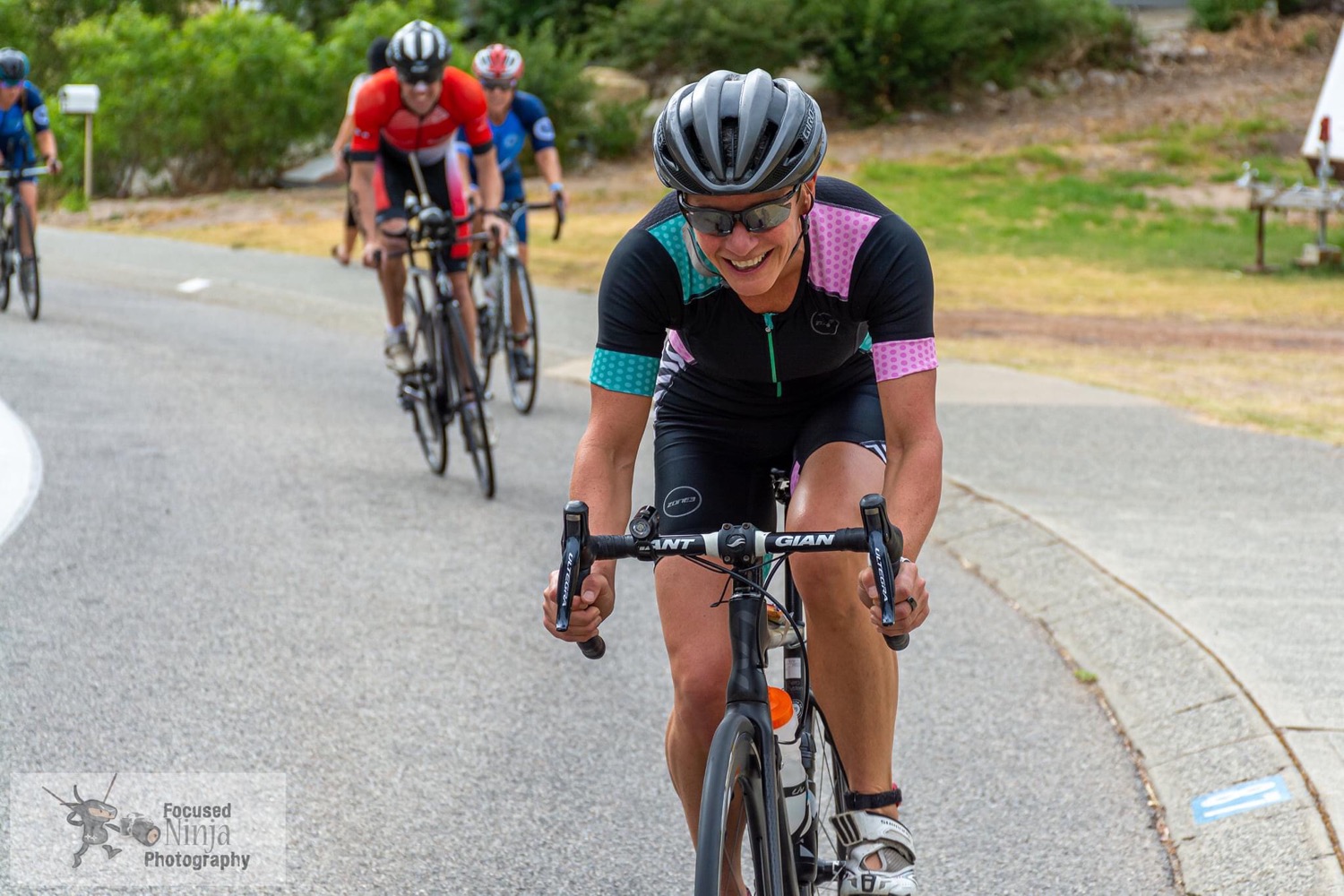To train or not to train....?
- Alison Smith
- Sep 16, 2020
- 3 min read
Updated: Oct 7, 2020

Committing to take part in any endurance event is a big step and once you've started training any interruptions to your smooth progression will be unwelcome. Unfortunately injuries and illnesses do occur.
There will be a temptation to ignore these and carry on training for fear of the consequences of missing a few days training. Or, if you are sensible enough to take some time out to help your body recover, to play catch up as soon as you feel able to recommence training. Don't. Ignoring an injury won't make it get better and cramming extra sessions in to make up for ‘lost’ sessions will only leave you fatigued and run down.
Below we have highlighted some of the most common scenarios that you may encounter in your build up to your race and I have given an indication of the most sensible course of action to take.
If you read nothing else in this section please try and remember that injuries should never be ignored and if you feel unwell don't feel guilty about missing a session or two.
Doing too much too soon...
Running is an impact sport, each and every stride sends shock waves up through your body. If you don't allow your body to recover and adapt to these stresses injuries can result. These may arise anywhere between your feet and your back. With this in mind it is essential that any training plan you follow builds progressively and has rest and recovery sessions built into it.
You also need to be realistic about your starting point. This is particularly true if you haven't embarked upon any regular form of exercise for some time. Please do not skip the initial ‘easy’ weeks in the plans they are there for good reason to help your body prepare for the hard work ahead.
Ignoring colds or injuries…
No, no, no.
The safest course of action is to avoid taking exercise if you are feeling unwell. If in doubt check your temperature or resting heart rate, ideally monitor your HRV. (see Blog dated Feb 26, 2019 'are you resting and recovering enough...'). If your HRV is dropping it could be an indicator that you are overdoing it and not giving yourself time to recover, or may be about to come down with something.
If your resting heart rate is 10 beats per minute higher than normal it is a good indicator that you are unwell, or ‘coming down’ with something. Take a break and wait until your resting heart rate returns to normal levels.
After an illness you are likely to be weak for some time. You need to allow your body’s defences a chance to recover. If you don't you could do permanent damage to your body’s immune system.
Do NOT attempt to train through injuries. This can only make them worse. Take time out, seek advice and treatment and allow the injury to heal. Then ease yourself back into training. This is important to avoid stronger muscles compensating for the injured or weakened ones. Otherwise changes to your technique may result, which in turn could lead to further injuries or problems.
If it’s not hurting, it ain't working..
No.
Off course, during some sessions you will be working hard but as previously indicated, recovery sessions, and rest periods are all essential ingredients to a successful training plan. You must give your body a chance to adapt to the new demands being placed upon it.






Comments